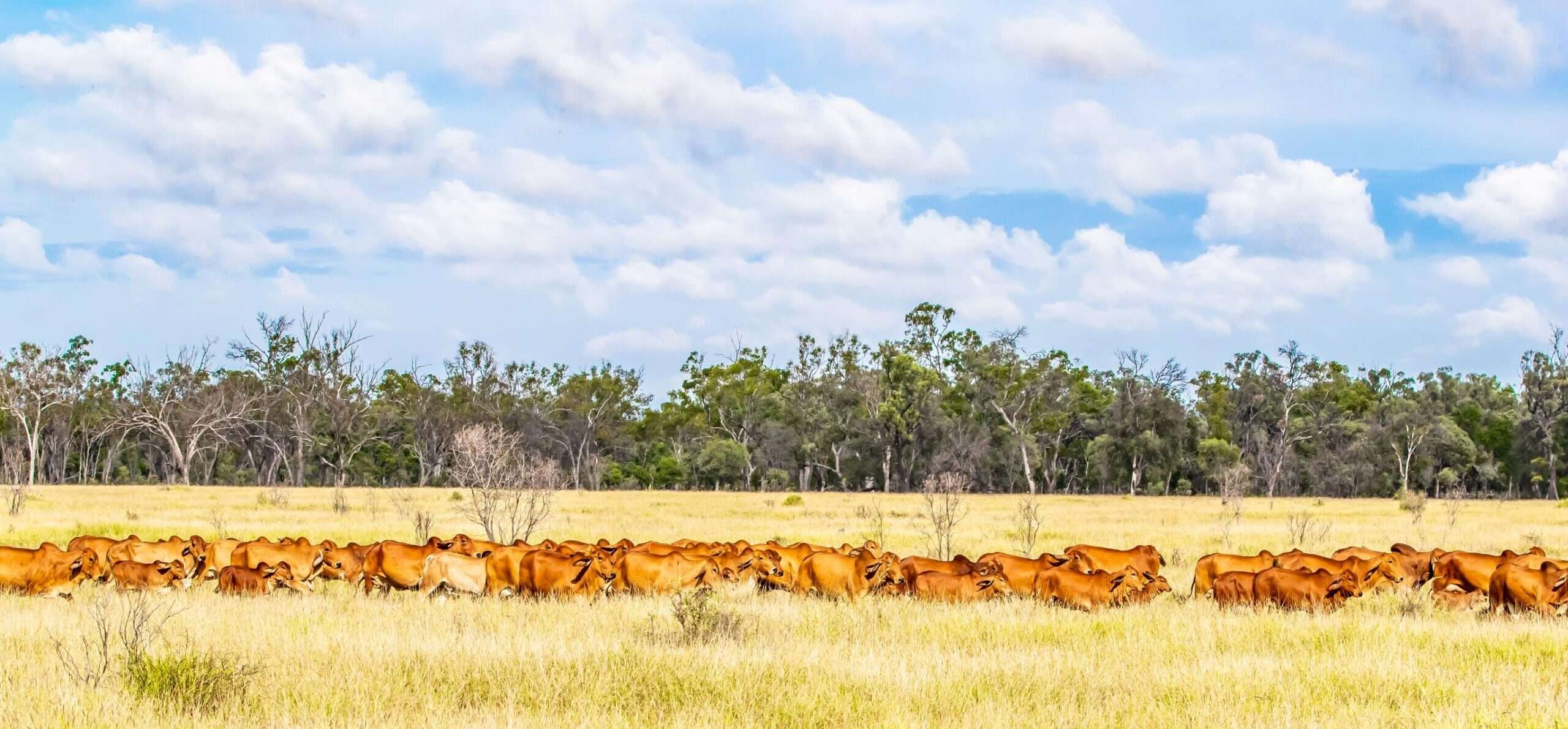BY DR IAN TUCKER
Beeftalk, No 6 Spring 1998
Vendors of bulls need to give serious thought to pre-sale assessment of their animals. The failure of a bull to reproduce can be an expensive exercise for both vendor and purchaser, with possible legal and insurance complications.
Naturally, it is the purchaser who can be considerably out of pocket, because of production losses. In addition, it is a good marketing policy to have bulls examined before sale. More and more potential buyers are looking for as much information as possible about their intended purchases. In particular, they are looking for some assurance regarding the bull’s fertility.
As a minimum consideration, producers should have their animals examined for soundness by a veterinarian. Such an examination involves checking that the bull’s legs, feet and external reproductive organs are free from defects. It should include an assessment of the sheath, scrotum and testicles, with a scrotal circumference being recorded.
It is recommended that bulls’ scrotal size be measured to insure that it is within the acceptable limits; these limits vary with breed and nutrition. In addition, the testicles should be both firm and resilient. As well as being examined for soundness, sale bulls can be further assessed in terms of their semen quality. This involves collection of a semen sample and its microscopic examination. Recent research indicates that the emphasis in assessment of semen should be shifted from assessment of motility to assessment of the percentage of normal sperm. Recent trials in north Queensland have concluded that the most important characteristic of semen from a bull going into natural mating, which will forecast his paddock fertility, is the percentage of live normal sperm in his semen.
This research backs up the increasing demand by purchasers to be assured that sale bulls have been vetted as reproductively sound, which includes having normal semen, ie, there is some quality assurance on fertility.
However, the buyer must still be aware that the sale and relocation process may temporarily impair fertility, something that the sellers can do little about whilst they continue to be payed the top money for well-fed bulls at sale.
For this reason, bull purchase should be at least two months before mating for them to be acclimatised (let down) in the new environment before mating commences. Testing new bulls prior to mating will then provide an indication of their fertility as some bulls may not adapt fully to their new home and their semen quality, thus fertility, will suffer accordingly. It is the vendor’s choice to determine what, if any, pre-sale assessment will be carried out, in consultation with their veterinarian. In general, any testing should be conducted within 30 days of the sale.
Some producers prefer to have bulls examined earlier than this, to ensure that they are not preparing any ‘passengers’. However, such testing, perhaps several months before the sale, makes the test less valid in terms of the animal’s status on the day.
Of course, soundness and semen evaluation of bulls is often carried out for reasons other than sale. They may be required for insurance purposes, some cattle producers make a point of having their working bulls checked every two or three seasons.
In any case, it is comforting to be sure as possible that the bull you are selling, buying or using is sound and fertile.

